Is THCA Legal? A State-by-State Guide to the Complex Laws
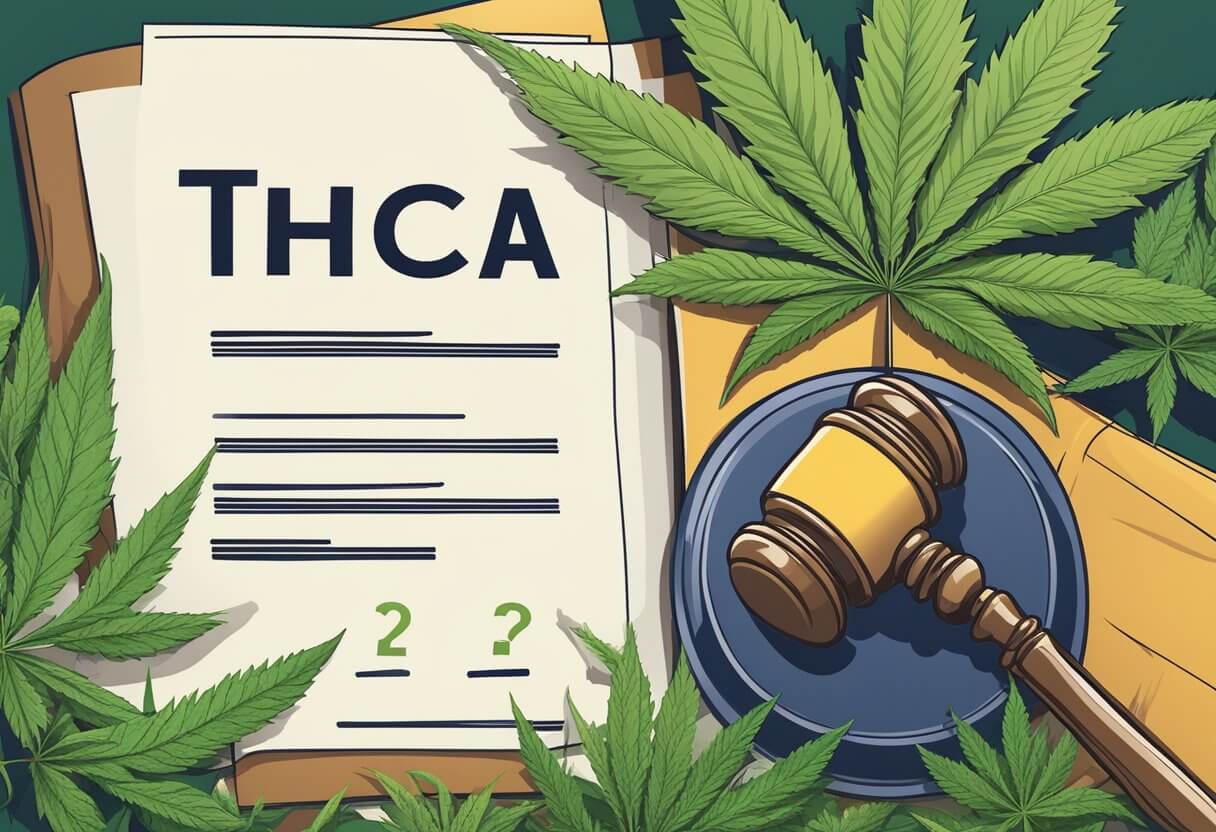
Tetrahydrocannabinolic acid (THCA) is emerging as one of the most widely discussed cannabinoids derived from the cannabis plant in recent years. But is THCA legal? While the 2018 Farm Bill legalized hemp and its derivatives like THCA at the federal level, conflicting state laws and evolving regulations have created confusion around the legal status of this non-psychoactive compound.
This article will provide a comprehensive overview of the complex legal landscape surrounding THCA, outlining federal vs. state stances, risks for consumers and businesses, and what may be on the horizon regarding updated policies and enforcement actions.
What Exactly is THCA and Why Does Its Legality Matter?
Before diving into the tricky legal status of THCA, it’s important to understand exactly what it is and why it’s generating so much interest – as well as controversy.
THCA stands for tetrahydrocannabinolic acid. It’s a cannabinoid found naturally in raw, unheated cannabis plants. On its own, THCA is non-intoxicating. However, when heated through smoking, vaping, or cooking, THCA converts to delta-9 THC which does produce a high.
So while THCA itself doesn’t get you high if ingested straight, products containing significant levels of THCA can become psychoactive if heated during use. This is a key factor driving much of the legal uncertainty over this cannabinoid.
The reason THCA is growing rapidly in popularity ties to its potential therapeutic benefits combined with no risk of intoxication when consumed raw. Early research indicates THCA may hold promise for reducing inflammation, protecting nerve cells, controlling nausea, and more.
For consumers seeking the touted wellness advantages of cannabis without the high associated with THC, THCA seems like an appealing option. And it’s also catching the eyes of recreational users realizing that in places where delta-9 THC remains illegal, THCA products can provide a legal “loophole” to still enjoy cannabis’ effects.
The 2018 Farm Bill and the Distinction Between Hemp and Marijuana
The 2018 Farm Bill plays a pivotal role in understanding THCA’s legal status. This legislation removed hemp from the Controlled Substances Act, thereby legalizing the cultivation, production and sale of hemp and hemp derivatives on a federal level.
The Farm Bill clearly delineates hemp versus marijuana solely based on delta-9 THC content. Hemp is legally defined as cannabis containing no more than 0.3% THC by dry weight. Anything above that is classified as marijuana which remains federally illegal.
Notably, the Farm Bill doesn’t account for intoxicating THC isomers found in tiny amounts in hemp plants like delta-8 THC which can also be chemically concentrated. And it clearly didn’t predict innovations allowing for hemp strains bred to generate significant THCA content that consumers can convert to psychoactive THC through heating.
While these loopholes exist under federal law, individual states introducing additional policies muddle things further. And the DEA as well as FDA also influence how certain hemp derivatives are viewed and enforced against.
The Murky Legal Status of THCA Across the U.S.
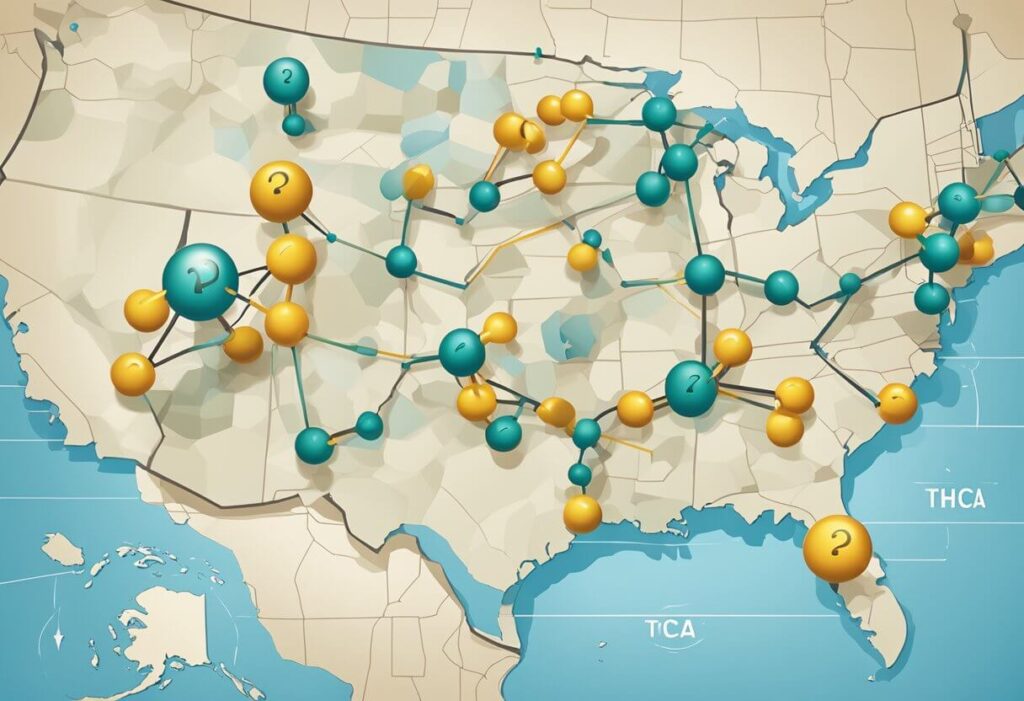
Given the complex interplay between federal regulations, state laws, and agencies like the DEA and FDA – answering “is THCA legal?” requires examining specific policies across different levels of government.
Federal Stance on THCA
Under the 2018 Farm Bill, THCA derived from hemp crops containing no more than 0.3% delta-9 THC technically falls under legal protection. However, the FDA has not evaluated or approved THCA for safety as a consumer product, which creates risk of federal intervention against its unregulated commercial sale similar to other hemp compounds like CBD.
There’s also the risk of the DEA deciding to take enforcement action if they determine commercial THCA, especially in smokable flower form, violates the intent of federal controlled substances laws. But as of late 2022, neither the FDA nor DEA have officially ruled against the legality of THCA itself.
State-Level Restrictions Against THCA
While federally legal under Farm Bill rules, several states introduced additional bans or limitations regarding THCA commerce:
- Arkansas prohibits THCA possession and sale entirely outside its medical cannabis program
- Idaho views all THC variations as controlled substances, including THCA
- Minnesota classifies THCA as a schedule I illegal drug
- Oregon only allows THCA access through licensed dispensaries
- Rhode Island also classifies THCA as a scheduled controlled substance
Beyond states with explicit THCA bans, others restrict certain types of products especially smokable hemp flower with elevated THCA content. And some states incorporate THCA levels when testing total THC concentration for compliance. All demonstrating how state policies create headaches around multi-state THCA commerce.
What States Allow THCA Products?
Given federal law, states without specific THCA regulations allow its sale Generally if:
- Derived from hemp crops meeting the 0.3% max delta-9 THC threshold
- Contains less than 0.3% total delta-9 THC content in final product
- Has proper labeling and independent lab testing for purity and potency
- Does not make unapproved medical claims about benefits
However, laws rapidly evolve regarding experimental hemp derivatives, especially those capable of inducing a high. While currently tolerated, state policies could quickly shift against commercial THCA products if safety concerns escalate or new legislation aims to close federal loopholes permitting psychoactive hemp cannabinoids.
Significant Legal Risks of Producing and Selling THCA
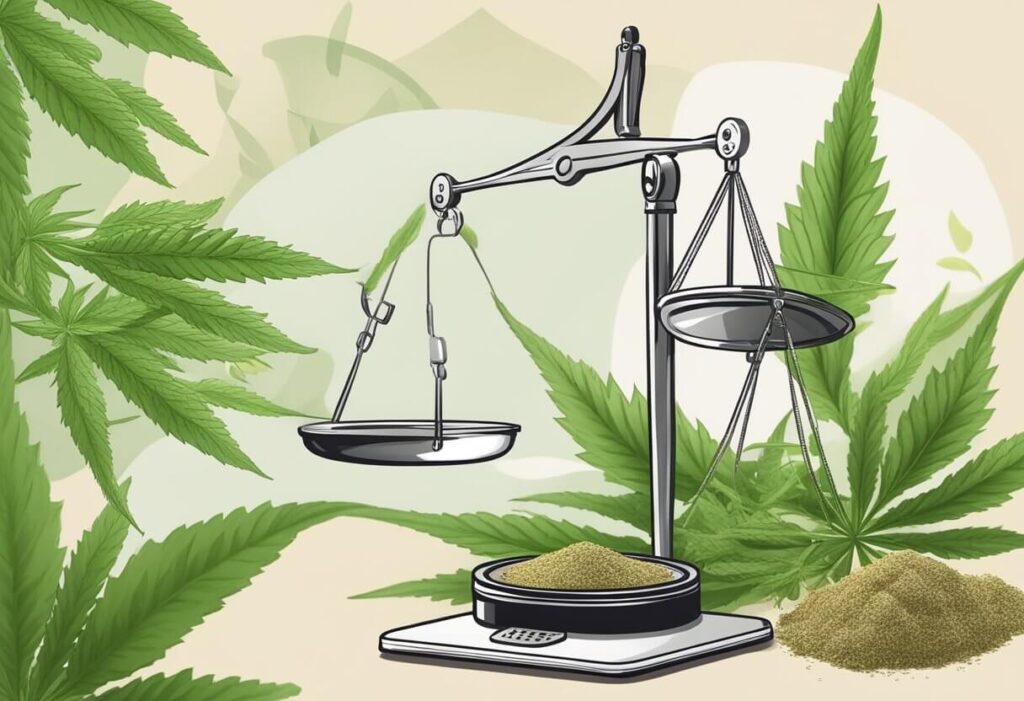
For cannabis businesses and consumers, perhaps the greatest danger surrounding THCA is the considerable legal exposure from participating in this undefined market without proper precautions.
Legal Risks for THCA Producers and Retailers
THCA producers and retailers face substantial regulatory and criminal risk by selling products without knowing how federal and state agencies may choose to interpret the laws against them.
While farming, extracting and selling smokable THCA flower or vape products might seem federally legal, aggressively promoting intoxicating effects or failing to meet all compliance standards like rigorous lab testing could still spur crackdowns.
And in states with bans against THCA, those involved face not just civil penalties but criminal controlled substance charges. With little case law precedent established, courts hold wide discretion in how far they extend interpretations of regulations.
Most concerning, a number of cannabis businesses recently demonstrated a false sense security relying on supposed federal legal protections without realizing how vulnerable they were to civil lawsuits and state agency enforcement actions.
Any company participating in the THCA industry without proper legal counsel and a risk mitigation strategy is dangerously overlooking massive liability threats from all directions.
Dangers for Consumers Buying THCA
Consumers also risk potential criminal implications purchasing THCA products in states prohibiting possession. But perhaps more importantly, customers run the health risks associated with obtaining cannabinoids from unregulated producers who don’t follow best manufacturing practices or properly verify purity and potency through independent testing.
Reports document toxic solvents, heavy metals and dangerously concentrated levels of psychoactive compounds frequently tainting products from shady CBD and hemp brands. And customers generally have no recourse with legal action or financial recovery. By entering this unregulated market, most liability remains on the consumer.
The Future Legal Fate of THCA Still Unclear
Given all concerns outlined, what’s next for the misinterpreted cannabinoid THCA when it comes to federal and state policy changes? Let’s explore the possibilities.
Potential Federal Policy Changes
Replacement or revision of the 2018 Farm Bill looms largest over the future federal landscape for THCA and intoxicating hemp derivatives.
Many industry advocates expect renewed attempts to close loopholes allowing psychoactive cannabinoids not intended to be legalized under original hemp reforms meant to normalize non-intoxicating CBD. More precise definitions and testing requirements could preclude THCA commercialization.
However bipartisan support for hemp agriculture could pressure lawmakers to maintain the status quo. Or uncertainty over issues like interstate cannabis commerce might delay substantive changes yet another legislative session.
Apart from Congress, the FDA recently signaled plans to finally advance rules for marketing various hemp compounds like CBD as supplements which could also incorporate THCA based on perceived safety issues to the public. Additionally as noted earlier, the DEA retains power to re-schedule THCA if it chooses, though for now is deferring to FDA review.
In summary, while no major threatening actions currently aim against the cannabinoid, the winds could quickly shift from Washington against the federal standing of THCA. Savvy industry observers will watch closely for any signals of updated enforcement priorities or regulatory decisions erecting new barriers.
How States May Further Restrict THCA Access
Developments in certain states demonstrate the vulnerability of THCA markets to rapidly unfavorable shifts in policy.
Legislators in states like Alabama already proposed bills intending to crack down on smokable hemp flower as well as ban possession of THCA entirely. These early efforts failed to gain enough traction but easily could resurface. Other conservative states where cannabis remains controversial will likely copy such templates.
More concerning, states like Texas where recreational cannabis reform constantly seems on the brink of advancing could decide to remove protections for intoxicating hemp products as a compromise win.
And even in cannabis-friendly states like California, the enormous tax revenues to be gained from regulated recreational markets could ultimately squelch tolerance for the untaxed commercial THCA industry operating in their backyard.
Ultimately all states remain at liberty to impose restrictions – likely targeting THCA specifically considering its growing reputation as the new legal high – whenever the political or financial incentives align to do so.
Key Takeaways on the Current Legal Status of THCA
In closing this exhaustive review of whether THCA is federally legal plus allowed and restricted across various states, keep several essential points in mind:
- THCA falls into gray areas federally since not addressed explicitly by law or regulators so far
- Multiple states introduced more severe THCA bans and limitations than federal policy
- State laws continue trending against smokable high-THCA hemp flower
- Regulations evolve rapidly so checking your state’s specific updated hemp / THC policies is essential
- Significant risks face both THCA producers and consumers violating evolving laws
- Congress and federal agencies may still impose new barriers against THCA commerce
- Enter the market only with extreme caution and legal guidance
Despite interest in its therapeutic potential from cannabis advocates along with financial potential from industry entrepreneurs, in many areas the cannabinoid THCA remains stuck in risky legal limbo. Those exploring opportunities on either the supply or demand side shouldn’t turn a blind eye towards the complexities explored here and rapid changes likely ahead.
Hopefully this guide and its continuing updates aid in better understanding the still unclear question – is THCA legal? Let the buyer (and seller) beware until regulators provide more definitive guidance permitting this intriguing cannabinoid.
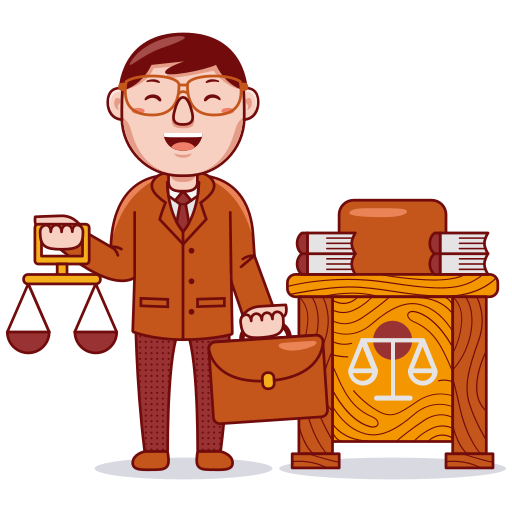
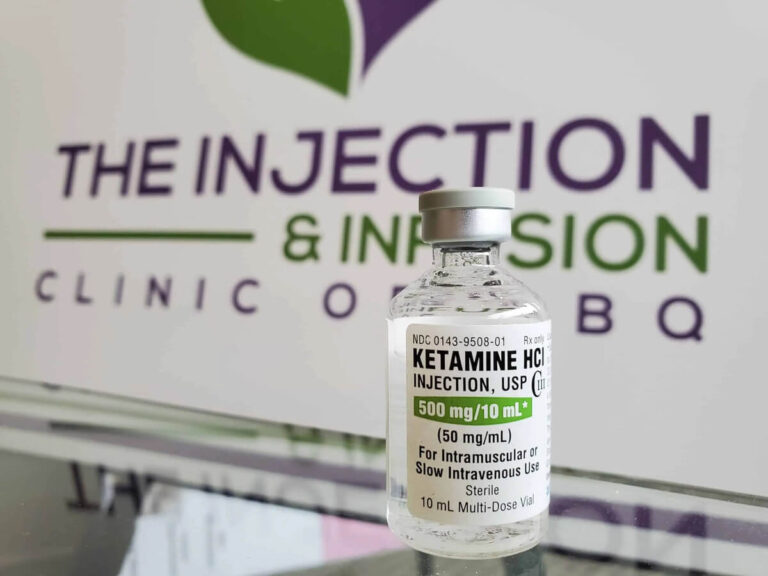
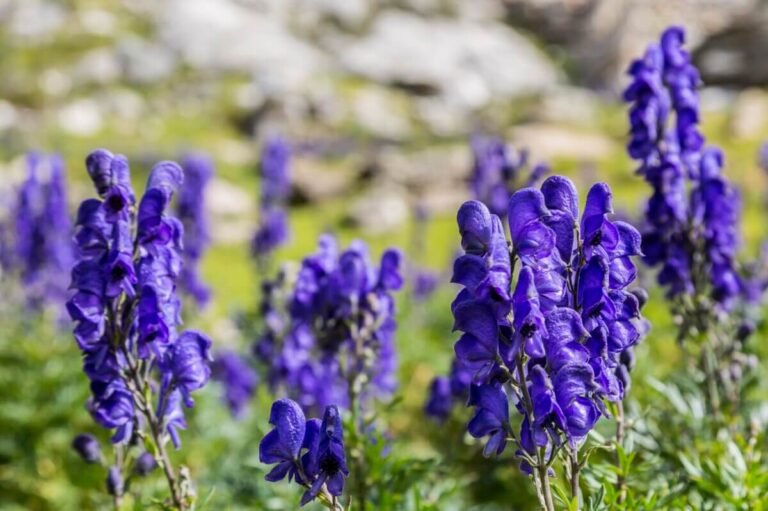
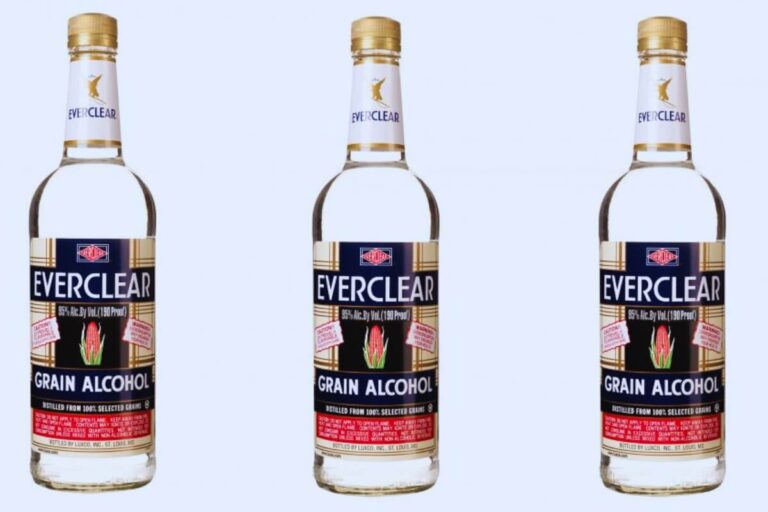
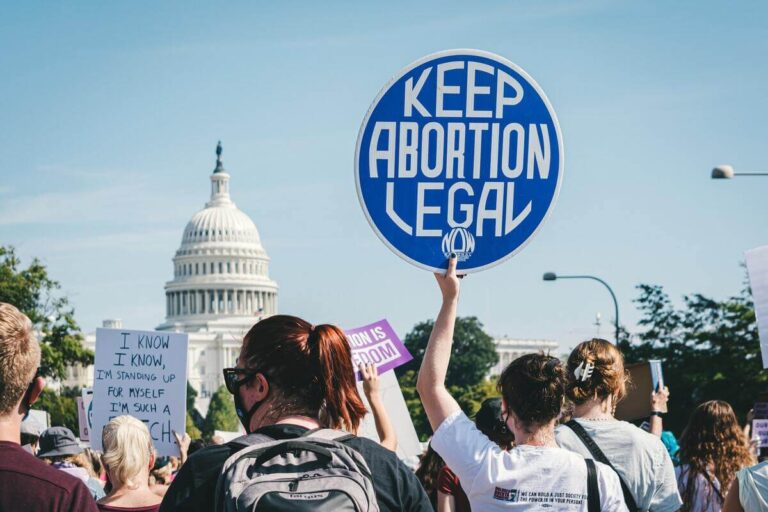
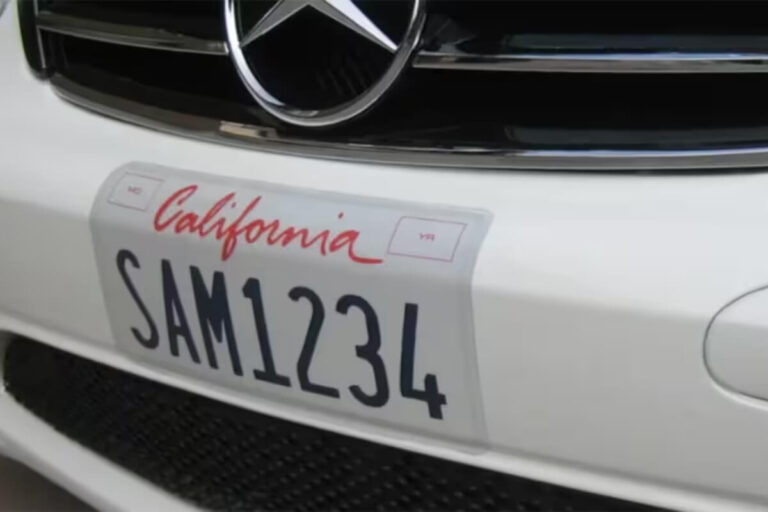
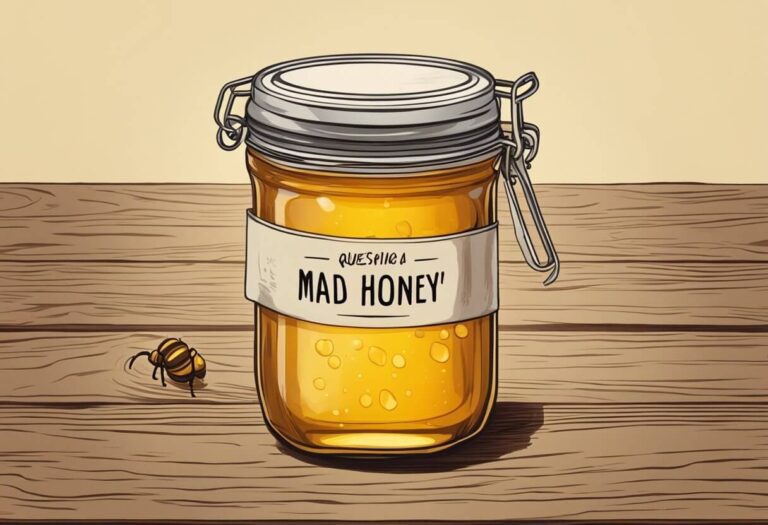
THCA Flower Indoor and Green House Cheap Ounces at THCA KING